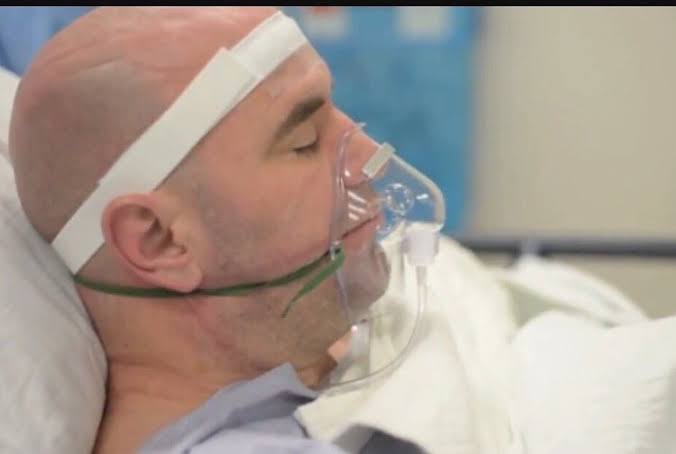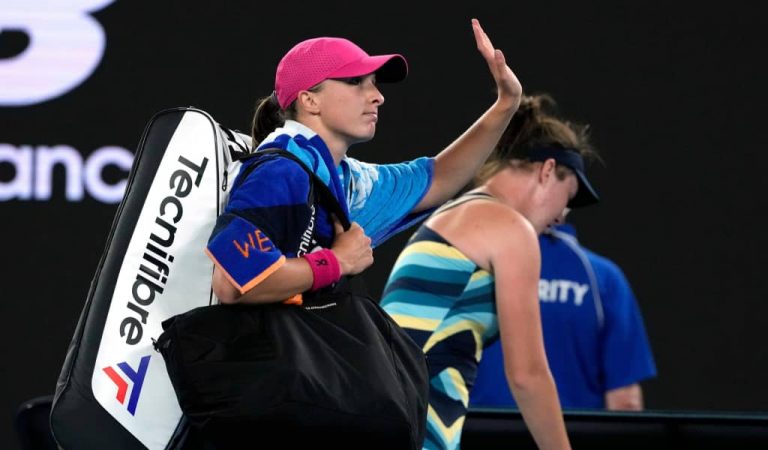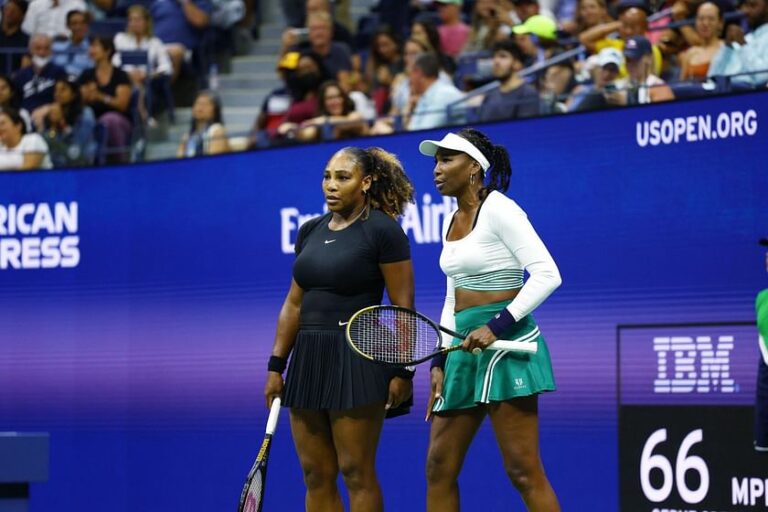Tyson Fury Retirement Shocks Fans as Boxing Champion Diagnosed with Brain Tumor: Outpouring of Support Floods In
In a staggering announcement that has sent shockwaves through the boxing world, Tyson Fury, the charismatic and formidable heavyweight champion, has declared his retirement from the sport. The surprise retirement, however, comes with an even more somber revelation – Fury has been diagnosed with a brain tumor.
Fans and fellow athletes are grappling with the unexpected news, as the boxing icon made the announcement via a heartfelt video message shared on his social media channels. In the emotional video, Fury opened up about the recent diagnosis, explaining that the severity of the health condition prompted his decision to step away from the ring.
“I’ve always been a fighter, and I’ve never backed down from a challenge inside or outside the ring. Today, I face the toughest battle of my life. I’ve been diagnosed with a brain tumor, and after consulting with my medical team, I’ve decided to retire from boxing to focus on my health and family,” Fury revealed in the video.
The boxing community, known for its fierce rivalries, has set aside differences to unite in support of Fury. Messages of encouragement and prayers flooded social media platforms, with fans expressing their shock and sending well-wishes to the champion during this challenging time.
Prominent figures in the world of boxing also shared their thoughts, with fellow athletes expressing their admiration for Fury’s career and resilience in the face of adversity. Boxing organizations, including governing bodies and promoters, released statements acknowledging Fury’s contributions to the sport while wishing him a speedy and full recovery.
The sudden retirement marks the end of a remarkable career for Tyson Fury, who rose to prominence with his unique blend of skill, charisma, and larger-than-life personality. From overcoming personal challenges to staging memorable comebacks, Fury’s journey in the boxing world has left an indelible mark on the sport.
As fans come to terms with the unexpected retirement and the devastating health diagnosis, the outpouring of support serves as a testament to Fury’s impact both inside and outside the ring. The news not only marks a turning point in the world of boxing but also prompts a broader conversation about the physical toll of the sport and the importance of prioritizing health in the face of adversity.
“Tyson Fury’s Health Battle Sparks Dialogue on Boxers’ Well-being and Legacy
Tyson Fury’s retirement announcement, coupled with the revelation of a brain tumor diagnosis, has ignited a profound conversation within the boxing community and beyond. As fans grapple with the unexpected turn of events, the focus has shifted to the broader implications of this health crisis on the sport and the well-being of its athletes.
Fury’s decision to prioritize his health over his illustrious boxing career has prompted a collective reflection on the physical toll the sport takes on its participants. Experts in sports medicine and neurology have weighed in on the challenges faced by boxers, emphasizing the need for comprehensive health monitoring and preventive measures to safeguard against long-term repercussions.
The news has also stirred discussions about the responsibilities of boxing organizations in ensuring the welfare of their athletes. Calls for increased medical screenings, mental health support, and comprehensive healthcare initiatives for boxers have gained momentum, underscoring the importance of prioritizing the well-being of athletes beyond their achievements in the ring.
As the boxing world absorbs the impact of Tyson Fury’s retirement, tributes to the former heavyweight champion have poured in from all corners. Fellow athletes, fans, and boxing legends have acknowledged Fury’s contributions to the sport, applauding his achievements and resilience throughout his career.
In a press conference held by Fury’s medical team, details about the diagnosis were shared to provide clarity to the concerned public. The medical professionals emphasized that Fury’s decision to retire was a proactive step to address the health challenge early on and prioritize the necessary medical interventions.
While the news has undoubtedly cast a shadow over the world of boxing, it has also become a rallying point for a renewed commitment to the health and safety of athletes. The Tyson Fury health crisis serves as a stark reminder that, beyond the glitz and glamour of the sport, the athletes themselves face real and often unseen challenges.

As the boxing community grapples with this unexpected turn, the hope is that Fury’s courageous decision will catalyze positive changes in the sport, fostering a culture that prioritizes the well-being of its athletes and ensures a legacy that extends beyond the victories and titles. The coming months will likely see continued discussions on how boxing can evolve to better support its athletes in the face of health challenges and contribute to a healthier, more sustainable future for the sport.






